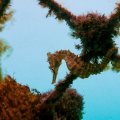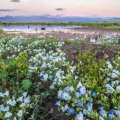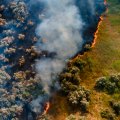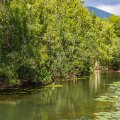The University of Queensland’s Professor Ove Hoegh-Guldberg and his bold new plan to save coral reefs from extinction will feature on Monday’s episode of Australian Story.
Professor Hoegh-Guldberg first appeared on Australian Story in 2009 following research he’d published a decade earlier predicted the demise of coral reefs by the end of this century.
At the time, his projections were met with scepticism and he was accused of needless alarmism. But since then, many of his predictions regarding the impact of climate change on coral reefs have proved disturbingly accurate.
Professor Hoegh-Guldberg said the global decline of corals reefs over the past 12 months indicated that even under severe cuts to the use of fossil fuels, we are likely to lose another 90 per cent of corals before conditions stabilise under the Paris Climate Agreement goals.
“These remaining coral reefs are extremely important to the future of tropical ecosystems as they are likely to provide the seed stock required to repopulate stable tropical oceans,” he said.
Professor Hoegh-Guldberg is now on the cusp of a bold new plan to save coral reefs from extinction which will be profiled for the first time on Monday’s episode of Australian Story.
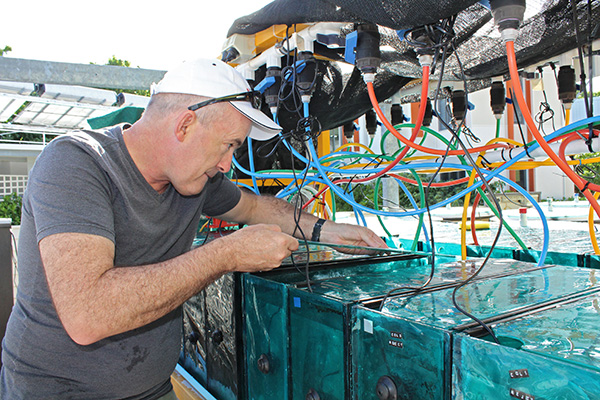 Embargoed until Friday 24 February is the announcement of an ambitious global strategy to protect the world’s remaining reefs from the impacts of climate change, which has been funded by US philanthropy.
Embargoed until Friday 24 February is the announcement of an ambitious global strategy to protect the world’s remaining reefs from the impacts of climate change, which has been funded by US philanthropy.
On completing his PhD in 1989, Professor Hoegh-Guldberg was one of the earliest voices that climate change needed to be limited to less than 2oC if essential ecosystems such as coral reefs were to survive.
This bleak outlook came after Professor Hoegh-Guldberg and his team revealed the molecular mechanism that caused coral bleaching and, in turn, developed the first projections for the mass mortality of corals – a discovery that won him a Eureka Prize in 1999.
He was a coordinating lead author for the Oceans Chapter in the most recent report from the Intergovernmental Panel on Climate Change (IPCC) in 2014, and will lead a chapter in the IPCC Special Report on Global Warming of 1.5°C later this year. In 2014, Ove received the Prince Albert II of Monaco’s Climate Award, and an Australian Research Council Laureate Fellowship (2012).
Professor Hoegh-Guldberg is also Chief Scientist of the XL-Catlin Seaview Survey, which has focused on revolutionising how we measure the health of coral reefs – a project that has seen his research team work in 22 countries over the past five years.
Professor Hoegh-Guldberg continues to lead the Global Change Institute, which combines science, communication and policy development to understand change and target solutions to the global challenges that face us.
Australian Story Into Hot Water will air on ABC on Monday 27 February at 8pm.
Media: Professor Ove Hoegh-Guldberg, oveh@uq.edu.au, @oveHG; Rachael Hazell, r.hazell@uq.edu.au, +61 415 814 529
.jpg)

